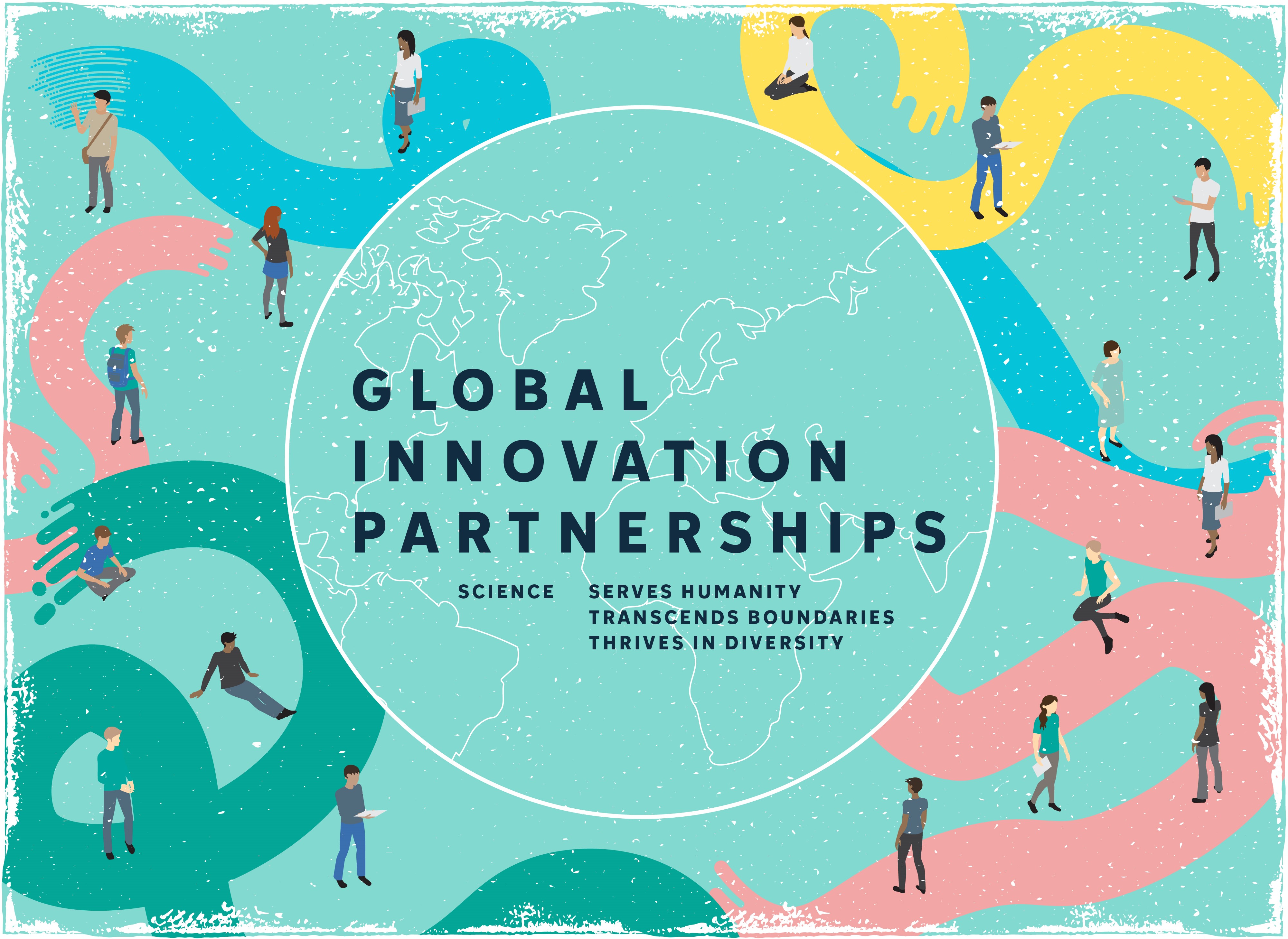Bringing the World of MedTech Innovation into a Global Classroom
 Bringing the World of MedTech Innovation into a Global Classroom
Bringing the World of MedTech Innovation into a Global Classroom
March 29, 2021
The Global Innovation Partnership’s Medical Technology Innovation Course Series: Bringing the World of MedTech Innovation into a Global Classroom
Science serves humanity, transcends boundaries, and thrives in diversity. With these guiding principles in mind, the Global Innovation Partnership (GIP) program launched the Medical Technology Innovation Course series. This curriculum brings the world of MedTech innovation to our students in a global classroom setting. Global advisors, partners, and students were brought together in a single classroom for collaborative learning. Over 100 students from various disciplines, faculty advisors, guest panelists, and speakers across 25 academic institutions, science and technology parks, and economic development organizations participated from the United States, Turkey, and China.
Inspired by students who were eager to learn how they could help solve industrial real-world problems in addition to the traditional Drexel co-op experience, two members of the School of Biomedical Engineering, Science and Health Systems set out to develop a course that would enable students to solve real-world problems in a classroom setting with a global flavor. Banu Onaral, Ph.D, H. H. Sun Professor and Senior Advisor to Drexel President on Global Partnerships, and Jamie Mak, Managing Director of Global Innovation Partnership developed the MedTech Innovation course series.
The MedTech Innovation courses exposed students to the complex process of turning biomedical discoveries into products that fulfill unmet medical needs. Students used a ‘case-study’ and ‘due diligence’ based critical thinking approach to solve real-world problems faced by start-up companies who participated in the course as case studies. The solutions ranged from advancing the startup’s business strategies to business operations.
In addition, a global and interdisciplinary teaming approach was used to place students from different countries, i.e., United States, Turkey, China and from various disciplines i.e., business, entrepreneurship, medicine, engineering together into a working team to collaborate on course assignments to further enrich their global perspectives. Selin Ecer, a medical student from Ankara Yildirim Beyazit University in Ankara, Turkey took the course because she wanted to come out of her comfort zone and learned more about how MedTech innovations get from bench to bedside to patients:“I learned mostly from our assignments, from other students from Drexel and Turkey, I learned so much from them.” The benefit of the global and interdisciplinary teaming approach was also appreciated by Thomas Kienowski, a senior Drexel Bachelor of Entrepreneurship and Innovation student while he was working with another biomedical engineering student from China: “I learned a great deal about Chinese traditional medicine which is not prevalent in the U.S., but is a mainstay treatment modality in China.”
The MedTech students also virtually met and received mentorship from an array of actors in the MedTech value chain in Turkey, China, and the United States. Roze Alzabey, a senior Drexel BS/MS Biomedical Engineering student, reflects: “I had outstanding mentorship inside and outside of the classroom, I expanded my network, and I gained many skills in assessing a technology with critical thinking. I’m currently pursuing my own path in creating a small consulting group with other MedTech student colleagues.”
The success of the first two pilot MedTech Innovation courses is fueling plans for additional courses in the series that would focus on digital health and biopharma. In addition, this course series has proven the effectiveness of introducing global dimensions to medical technology innovation in a global classroom setting. As a result, the School of Biomedical Engineering, Science and Health Systems has plans for globalizing the cluster of existing courses in medical technology innovation to further prepare our Drexel learners to be an integral part of the global workforce.